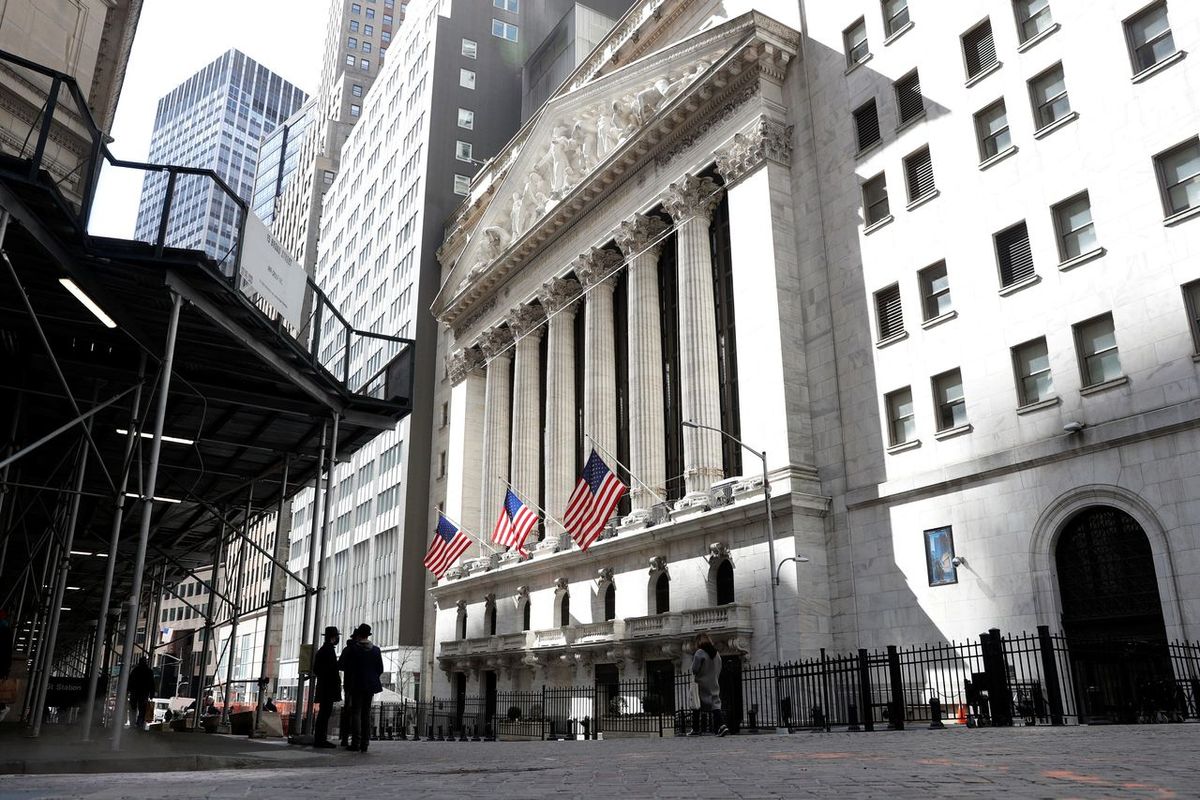Why is everyone talking about Bill Hwang and Archegos Capital? Here’s what you need to know

A few minutes every morning is all you need.
Stay up to date on the world's Headlines and Human Stories. It's fun, it's factual, it's fluff-free.
The discussion now seems to be centered around the fact that so much money was borrowed and concealed from the public eye. The risks taken by Archegos have been called “staggering.”
On March 26, Archegos Capital Management, managed by Bill Hwang, was at the center of a US$20 billion margin call that disrupted several major banks and sent certain stocks tumbling by as much as 48%.
The margin calls on Hwang, which came from a number of banks and brokerage firms around the world, resulted in what experts have called, “the most spectacular personal loss of wealth in history.”
Who is Bill Hwang?
Bill Hwang got his start in the 1990s and early 2000s at Tiger Management, a famous hedge fund managed by Julian Robertson. In 2001, Hwang broke off from Tiger Management and created his own hedge fund, Tiger Asia, with support from Robertson.
In 2012, the United States Securities and Exchange Commission (SEC) charged Bill Hwang with insider trading “by short selling three Chinese bank stocks based on confidential information they received in private placement offerings.” Hwang ultimately pleaded guilty and was forced to pay US$44 million in penalties as a settlement.
“Hwang today learned the painful lesson that illegal offshore trading is not off-limits from U.S. law enforcement, and tomorrow’s would-be securities law violators would be well-advised to heed this warning,” Robert Khuzami, the then-Director of the SEC’s Division of Enforcement, said at the time.
The rise of Archegos Capital Management
After the settlement, Hwang went on to convert Tiger Asia into a family office, which allowed him to manage his wealth privately. The office, which was named Archegos Capital Management, was able to bypass the SEC’s reporting requirements for investment firms because of its status as a private firm.
Despite the lack of reporting requirements for private investment firms like Archegos, billionaires who convert hedge funds into private investment firms normally report a number of things such as US equity holdings in quarterly securities filings.
Some reports say that Archegos managed around US$10 billion in family wealth, which led the fund to make bets on public stocks in the US, Europe and Asia. According to the SCMP, Hwang practiced a long-short strategy, which meant that he earned several dollars for each of his own that he invested.
The money was borrowed from a number of investment banks by pledging stock shares as collateral to those banks. These kinds of swaps are not included in the SEC’s reporting requirement. In these dealings, a stock price fall typically leads to banks asking the client for additional shares to make up the difference in cost, which is called a margin call.
Archegos made large bets in US stocks ViacomCBS and Discovery, as well as in Chinese stocks that included Baidu, Tencent and Vipshop.
Archegos dealt with banks from all over the world. In the US, following the insider trading scandal, Goldman Sachs refused to do business with Hwang, but Morgan Stanley, Credit Suisse Group and others continued doing business with him. Eventually, Goldman Sachs gave in and also gave loans to Hwang after seeing the massive commissions that Hwang was paying to other banks on Wall Street.
The effect was that Archegos made massive bets using borrowed money and was able to continue increasing value without having to put up its own upfront capital.
The fall
Last week, a US$3 billion stock offering for ViacomCBS fell apart, resulting in a massive margin call by American banks for Archegos. As a result of the massive sale of shares, ViacomCBS stock fell by around 47%, causing a chain reaction of margin calls globally.
Sunday evening, a Japanese brokerage firm called Nomura revealed that it has a US$2 billion claim against a single client due to trading losses. On Sunday, after its shares plummeted overnight, Credit Suisse warned its shareholders that a US hedge fund had “defaulted on margin calls made last week by Credit Suisse and certain other banks,” adding that, “[I]t could be highly significant and material to our first quarter results.”
As more brokers dumped shares, the market became increasingly distressed, causing the market to fall further. It isn’t yet clear exactly how much was lost in total, though estimates vary from between US$20 billion to US$30 billion.
The discussion now seems to be centered around the fact that so much money was borrowed and concealed from the public eye. The risks taken by Archegos have been called “staggering.”
“When the facts come out,” tweeted billionaire investor Mike Novogratz, “my sense is the Bill Hwang blow up will be the most spectacular personal loss of wealth in history.”
Have a tip or story? Get in touch with our reporters at tips@themilsource.com




Comments ()